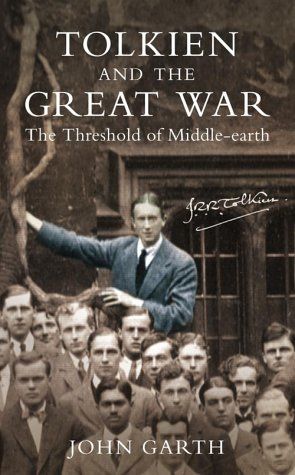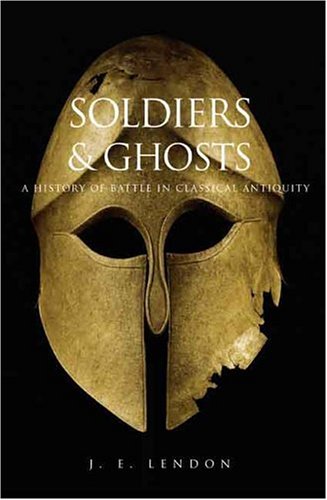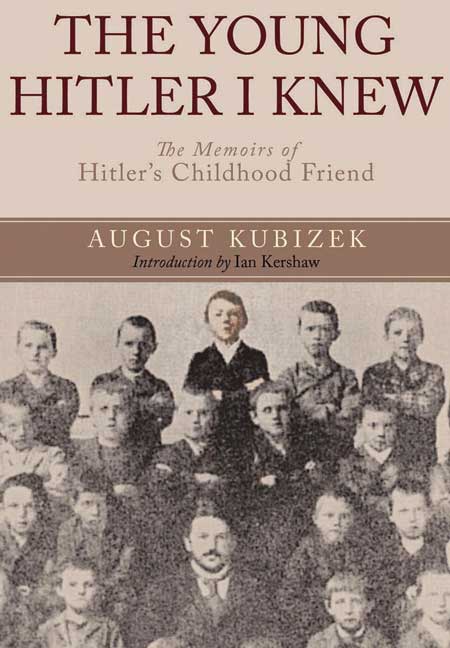A Backlog of Books for the Antilibrary
[Mark Safranski / “zen“]











I have an intimidating backlog of new and newish books to review here. I have an even longer queue of not so new books for my Antilibrary. I’m not sure when I will get to some of these, given my schedule, but they are nice to have on hand for research purposes.
Here’s why I picked these up:
Sapiens: A Brief History of Humankind by Yuval Noah Harari
Buzz mainly. Saw a few reviews and some chatter on Twitter. I also like evolutionary and cultural evolutionary themes, “Big History” and the like. OTOH I have also read folks bashing Harari for a poor grasp of economics, so we shall just have to see.
Tolkien and the Great War: The Threshold of Middle-earth by John Garth
This is a natural follow-up to The Fellowship: The Literary Lives of the Inklings which I reviewed the other day, but in truth I’ve been looking for a copy of this book for a while in used bookstores. I didn’t buy the hardback when it was new and regretted it. This one I will start reading now.
Soldiers & Ghosts: A History of Battle in Classical Antiquity by J. E. Lendon
The ancient world is a topical area where I have been trying to build my Antilibrary for some years now and this book is a twofer being also military history. I am also, in some ways, hoping to make up for the subpar education of my youth by reading the classics and ancient histories.
The Grand Strategy of the Roman Empire by Edward Luttwak
Edward Luttwak is one of our more creative – some might say weird – strategic thinkers who is known for putting forth provocative positions embedded with offbeat tangents. Luttwak is also, after a fashion, not an “operator” , or so it is bruited about – and not just an armchair theorist. I liked his The Grand Strategy of the Byzantine Empire even though he gave Byzantine purists fits.
Intellectuals and Society by Thomas Sowell
Sowell was in the news that day for retiring as a columnist and I was in a bookstore.
Dynasty: The Rise and Fall of the House of Caesar by Tom Holland
I have read some of Holland’s other books, most notably Rubicon. He’s an engaging writer and popular historian with a knack for keeping the narrative moving.
The Psychology of Military Incompetence by Norman Dixon
While I’m sure a book like this could write itself, Dixon did it and I’m interested in his systemic conclusions, if any, off organizational incompetence.
Xenophon’s Retreat by Robin Waterfield
Xenophon, the student of Socrates, historian and mercenary always struck me as interesting, which probably led me to organize the Xenophon Roundtable years ago on the Wayne Ambler edition of The Anabasis of Cyrus. I also need to pick up Leo Strauss’ On Tyranny again; so little time. So many books.
The Young Hitler I Knew by August Kubizek
A source in almost every major bio or history of Adolf Hitler ever written other than Konrad Heiden’s Der Fuhrer and Trevor-Roper’s The Last Days of Hitler. Most likely, you have already seen the most reliable or noteworthy parts of Kubizek’s memoir reproduced elsewhere more than once in print and documentaries. This is another topical area for Antilibrary building.
You Belong to the Universe: Buckminster Fuller and the Future by Jonathan Keats
Buckeyballs. That’s why.
Assholes: A Theory by Aaron James
Partially finished with this one. It is a reasonable argument built upon recognizable observations but being a philosopher, Dr. James is a bit of a pedant and circles back frequently in the text to reiterate his line of reasoning. This may be standard philo practice but it makes the book slower going than it might have been for a popular format.
Hitler’s Private Library: The Books that Shaped his Life by Timothy Ryback
A side of Hitler that neither the German public during the Reich nor the generations of students of history after WWII have normally seen. A useful source for research.
That’s it!




March 30th, 2017 at 5:06 am
The Ambler Anabasis was very good.
March 30th, 2017 at 4:21 pm
Agreed. I don’t think he has attempted anything of a similar magnitude since
March 31st, 2017 at 8:32 pm
Aaron James is responsible for one of the more profound revelations of my recent life. For me, at least worthy of one of those cartoon-style bug eyed scenes of satori, before [again, for me- YMMV] an equal moment of alienation.
In one of his chapters he discusses the archetypal asshole and contrasts it with ‘the bitch’. I believe he was cognizant that there can perhaps be female assholes and male bitches, but the archetypes are fairly gendered for good reason. In this contrast he describes the asshole’s aggression, bluntness, selfishness, crudeness, rudeness, unreliability, etc., and contrasts them with similar or comparable bitch behaviours. IIRC, the distinction ultimately boiled down to the asshole doing all these things in your face where the bitch mostly does it behind your back while maintaining graces to your face. And then the moment of revelation-
He describes the ‘bitch’ as ultimately the less bad of the two archetypes, and ON THAT BASIS.
I am as struck by that now, on being reminded, as when I read it sometime last summer.
I have never before or, to date, since, more deeply considered that I might be wholly at variance with the values of my time and society. Either always or as they are currently developing. I have considered it in the context of left-right, conservative-progressive, male female, cisheteropatriarchal versus feminist, transgender identity, and any other context one might apply, and in general changes in values since my youth.
I still can’t get my head around it. Given only the two options, behind-the-back manipulation behind a false front of friendship is “better” than open versions of the same vices.
As you can see, this one has stayed with me a while and likely will stay with me forever.
Pretty good for one chapter in a book.
March 31st, 2017 at 8:41 pm
Further quick thought on that:
On the one hand, I quite appreciate the role that formal manners, outward graces, social formality, ritual, elementary courtesy, etc. play in smoothing out society. One would not want constant bluntness even if the content of the message were non-hostile, let alone if it were hostile.
But I read James as going much farther, giving two undesirable personality types and coming down on a decisive “less bad” for the one that struck me as the more menacing, damaging, and genuinely irritable.
I truly wonder if that is a perennial distinction of personal taste or are we moving in some particular direction on this.
March 31st, 2017 at 8:42 pm
Sigh. Please read “irritating” for “irritable” in the foregoing.